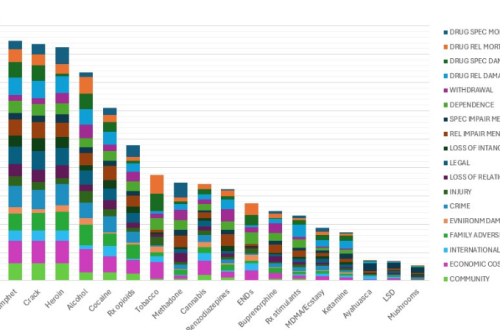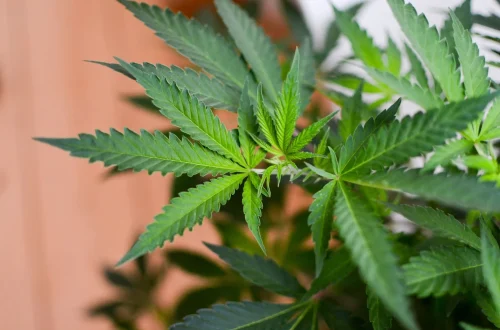Drug Policy Question of the Week – 9-29-12
As answered by Mary Jane Borden, Editor of Drug War Facts for the Drug Truth Network on 9-29-12. http://www.drugtruth.net/cms/node/3945
Question of the Week: As a multiple part series on drug control models, the question for this week asks, What is drug decriminialization?
In the last segment, it was noted that decriminalization is often confused with depenalization. They are similar because they reduce the reliance on incarceration in drug control, but they differ according to the involvement of the criminal justice system.
The Global Commission on Drug Policy confirmed that,
“decriminalisation is the elimination of a conduct or activity from the sphere of criminal law, while depenalisation is simply the relaxation of the penal sanction provided for by law.”
In its 2005 report, the King County Bar Association cited Canadian drug policy expert Mark Haden’s definition of decriminalization as,
“The removal of criminal sanctions for personal use only. This does not provide for legal options for how to obtain drugs, so there is still unregulated access to drugs of unknown purity and potency.”
Haden went to define “defacto decriminalization” as,
“Collectively agreeing to ignore existing laws without changing them. For many years the Netherlands have maintained the laws prohibiting the possession and sale of marijuana while allowing both of these in practice.”
In 2001, Portugal successfully adopted a system whereby offenses involving the consumption, acquisition and possession of drugs for personal use are referred to a commission instead of the criminal justice system. Recently, Rhode Island made possession of up to one ounce of marijuana a civil violation.
Still, scholars with the Rand Corporation asserted that decriminalization
“is not a distinct drug control model … but rather, a form of low severity prohibition.”



